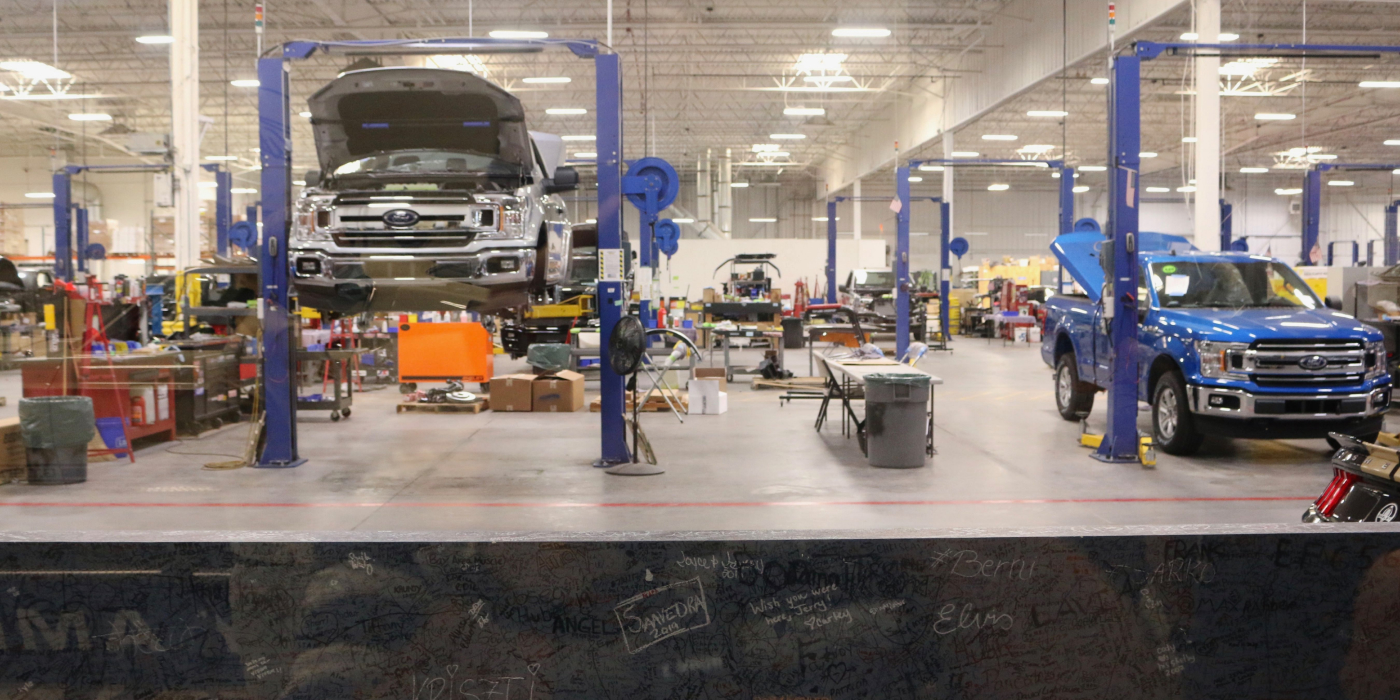Automotive Trends to Follow in 2024
The automotive industry has been focused on digitizing the shopping experience for the past few years. Economic uncertainty, high interest rates, and shifting consumer behavior will drive increased digital transformation next year. Automakers and dealerships will continue to embrace digital solutions as consumers increasingly value the convenience of completing the car-buying process online, saving money, and having the flexibility to buy when, where and how they want.
Additionally, the automotive aftermarket parts and services landscape will continue to evolve as companies innovate and implement digital platforms in order to streamline operations, keep up with growing consumer demand, and enhance the service experience.
Here’s a deeper look at what 2024 has in store for the automotive industry.
Evolving Automotive Retail Experiences
The automotive industry is undergoing significant growth in eCommerce as the car buying process continues to evolve. Next year, customers can expect more online sales options, digital showrooms, and innovative retail experiences designed to simplify the purchase process. Factors including the rise of digitally native buyers, shifting consumer behaviors, and the growth of third-party vehicle marketplaces are spurring automotive companies to embrace eCommerce. Digital retailing continues to drive efficiency but is also a tool for strengthening personal connections with buyers.
Seventy-six percent of dealers find digital retailing tools have improved customer relationships and have eased completing the deal, according to a recent Cox Automotive study. Next year, more automotive retailers and automakers will expand their online presence. Starting in 2024, auto dealers will be able to sell vehicles on Amazon’s U.S. online store. Hyundai will be the first brand available for customers to purchase, with more brands to follow. Customers will be able to purchase a new car online, and then pick it up or have it delivered by their local dealership.

New Cars are More Affordable as Inventory Rises
Following the pandemic, chip shortages and automotive supply chain disruptions led to new vehicle inventory shortages that pushed prices to record levels and limited vehicle sales. However, things are looking up for the year ahead. Higher dealer inventory levels, income growth, and bigger discounts and incentives are helping to make new vehicles more affordable which could lead to increased sales in the coming year.
December opened with new-vehicle inventory at the highest level since early spring of 2021, according to Cox Automotive’s analysis of vAuto Available Inventory data. The total U.S. supply of available unsold new vehicles climbed to 2.56 million units this month. That is up 57%, or 925,000 units, from the same time a year ago. Growing inventory and slowing sales have prompted some automakers to cut production and/or boost incentives as the new vehicle market shifts to a buyer’s market.
Auto Service Market Expansion
The auto care industry continues to be very important to the U.S. market, with consumer spending in the sector expected to surpass $400 billion within the next two years. Vehicle owners are holding onto existing vehicles longer due to high prices and interest rates. As vehicles get older, they need more repairs and replacement components, increasing demand for maintenance and automotive service appointments. In 2023, the average owner had their vehicle in for service or maintenance 2.5 times a year, up from 2.3 in 2021, according to a Cox Automotive study.
Dealerships account for 30% of all service visits in the U.S., down from 35% in 2021, with general repair shops and service centers gaining ground. Auto repair shops and service centers are increasing their inventories through new partnerships in order to keep up with growing demand. PartsTech, a B2B parts marketplace for the auto repair industry, recently announced its collaboration with TireConnect by Bridgestone, resulting in free access to more than 30 tire suppliers for its growing base of 15,000 repair shops. The partnership will help accelerate vehicle repairs by streamlining the way repair shops access and order from their suppliers.

Enhanced Distribution Networks for Greater Efficiency
As automotive parts and services demand increases, companies are improving their supply chains and expanding their distribution networks. AutoZone has expanded its partnership with RELEX Solutions, a company specializing in supply chain and retail planning solutions, to improve distribution center operations in the U.S., Mexico and Brazil. The collaboration aims to streamline AutoZone’s global supply chain processes, focusing on operational efficiency and scalability. RELEX’s technology enhances demand forecasting leading to increased sales through better stock availability and service levels at distribution centers.
TireHub has launched its first regional distribution center located outside of Allentown, Pennsylvania. The tire distributor’s new 360,000 square-foot facility services TireHub’s northeast logistics centers by providing market-specific products and accelerated delivery times. The regional distribution center streamlines and enhances TireHub’s service levels in the northeast and is intended to give customers a greater selection of premium Goodyear and Bridgestone products. Next year, more companies will increase their distribution capabilities in order to increase inventory accessibility and ensure timely delivery.
These trends reflect the automotive industry’s commitment to adapting to the changing needs and expectations of consumers. With new technologies and innovative strategies, automotive companies can modernize their business models, deliver superior customer experiences, and remain competitive in the ever-transforming automotive landscape.
For more information about how our delivery management solution can help you manage your deliveries more efficiently, please contact info@bringoz.com.
